The future of Artificial Intelligence (AI) in education looks promising, with the potential to revolutionize how students learn and educators teach. As AI technology continues to advance, it will play an increasingly integral role in shaping personalized, efficient, and inclusive educational experiences.
1. Enhanced Personalization
AI will enable even deeper customization of learning paths tailored to individual student needs, preferences, and learning speeds.
This means students will receive content, assessments, and support uniquely suited to their strengths and challenges.
2. Intelligent Content Creation
Future AI systems will assist educators by automatically generating dynamic learning materials, quizzes, and interactive lessons.
This will save time and help keep curricula updated with the latest knowledge and trends.
3. Advanced Virtual Tutors
AI-powered virtual tutors will become more sophisticated, offering real-time assistance and personalized coaching, mimicking human tutors’ empathy and understanding.
This will make high-quality tutoring accessible to students globally.
4. Integration of AI with AR and VR
Combining AI with Augmented Reality (AR) and Virtual Reality (VR) will create immersive, hands-on learning experiences.
Students will be able to explore complex subjects in virtual environments, enhancing understanding and retention.
5. Predictive Analytics for Student Success
AI-driven analytics will forecast student performance, identifying those at risk of falling behind and suggesting timely interventions.
This proactive approach will improve retention and graduation rates.
6. Automation of Administrative Tasks
AI will automate scheduling, grading, and resource management, reducing educators’ administrative burden and allowing them to focus more on teaching.
7. Greater Accessibility and Inclusion
AI will continue to develop tools that support learners with disabilities, language barriers, and diverse learning needs, making education more equitable.
8. Lifelong Learning and Skill Development
As career paths evolve, AI will facilitate continuous learning and upskilling by recommending relevant courses and tracking progress beyond formal education.
Conclusion
The future of AI in education promises transformative changes that empower students and educators alike. By embracing these innovations, the education sector can build a more adaptive, engaging, and accessible learning ecosystem for everyone.


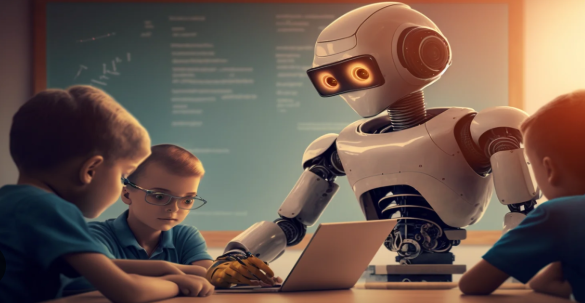
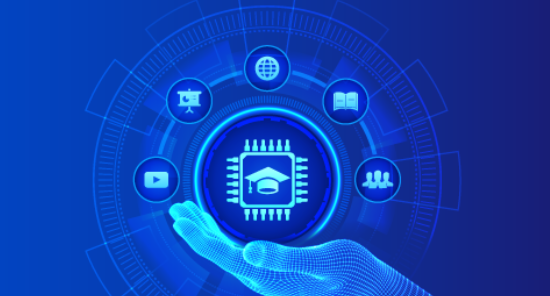
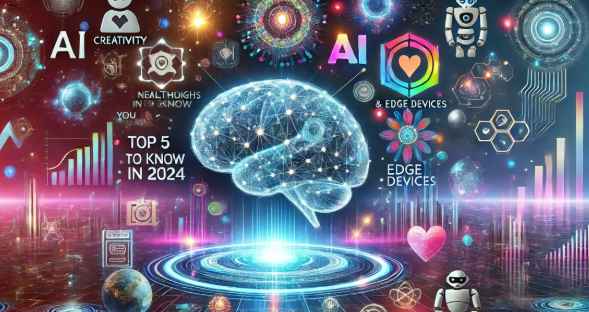
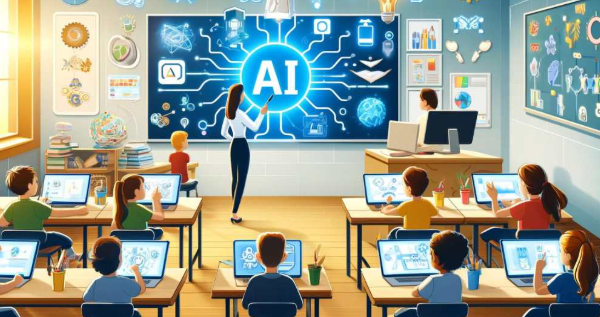
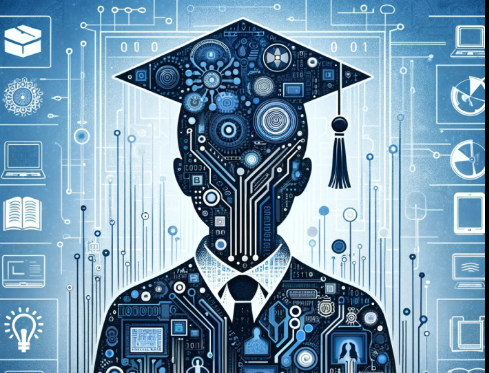
Leave feedback about this